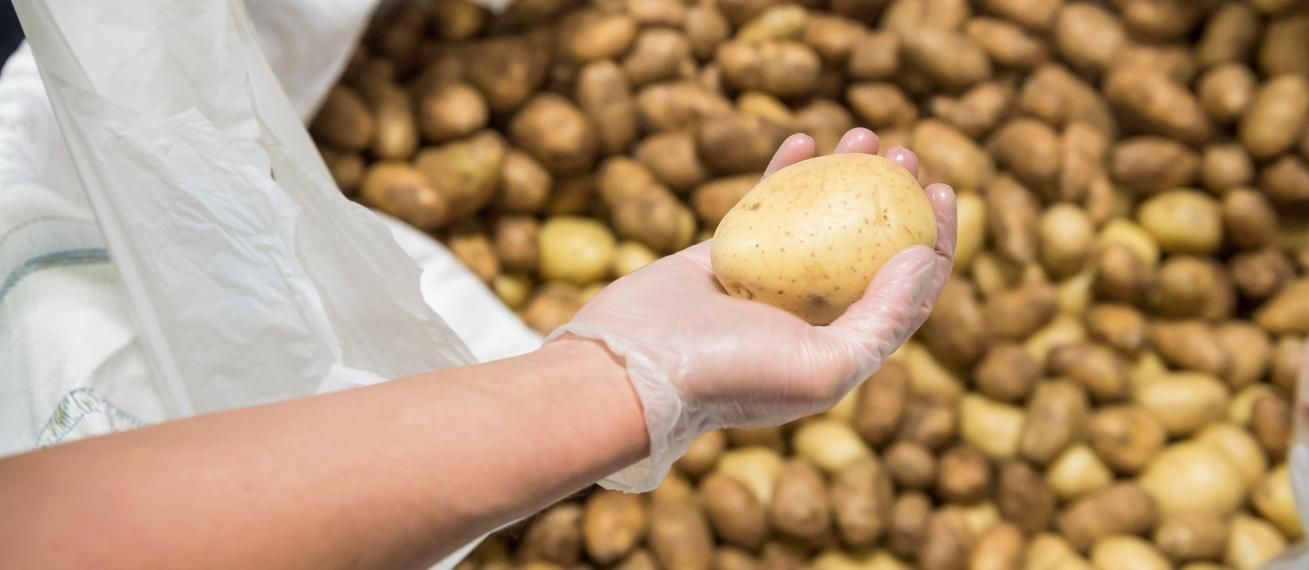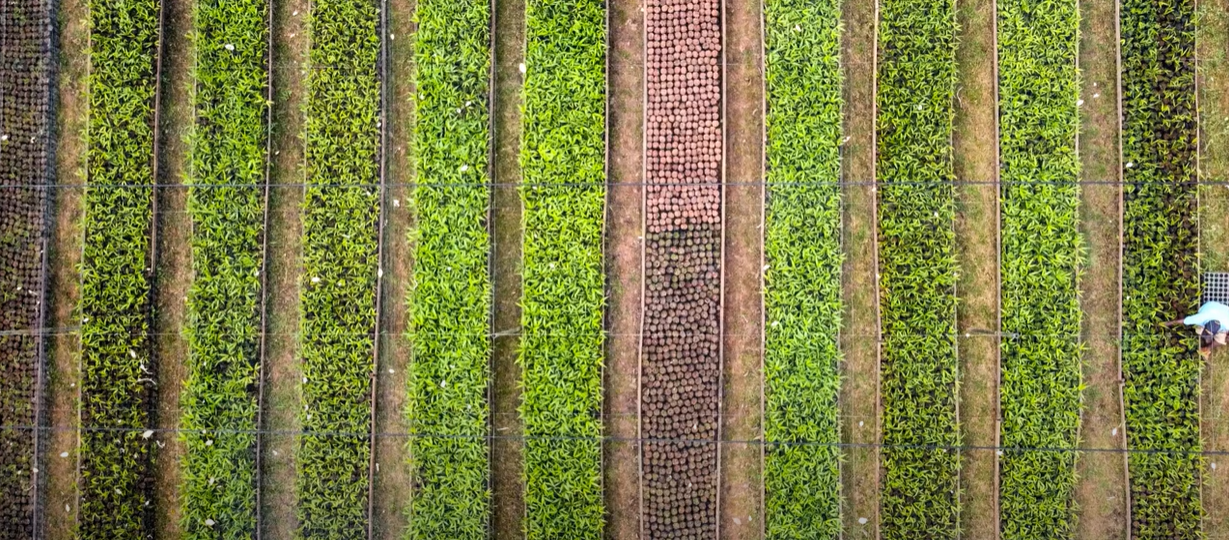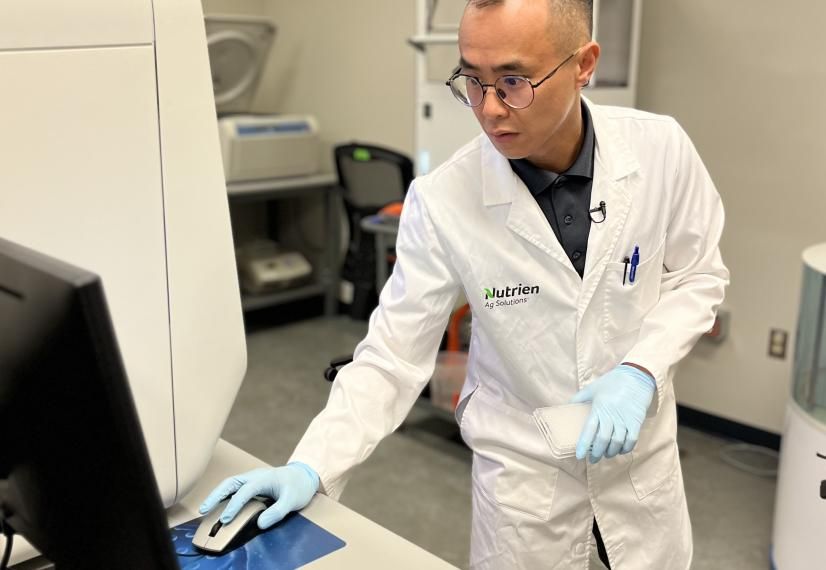
Recognizing World Hunger Day
The UN expects our global population to grow from 8 billion to 9.7 billion by 2050, meaning we need to feed almost two billion more people than we do today, just three decades from now. To feed our growing population, we need more nutritious crops.
World Hunger Day, which is observed on May 28 each year, raises awareness on our global food insecurity challenge. This year’s focus on sustainability explores how we can produce more affordable crops with a reduced environmental footprint.
Fertilizers are a key component to meeting these increasing demands for food production and as the world’s largest provider of essential crop inputs and services, Nutrien is committed to feeding the future by proudly bringing innovation and bold thinking to this global challenge.
Spotlighting Canadian Production and People
Canada produces 12% of the world’s fertilizer supply, including nitrogen and potassium, two of three major macro-nutrients essential to plant health and growth. These critical crop inputs are produced across the provinces of Saskatchewan and Alberta, where Nutrien operates a network of six low-cost potash mines and six nitrogen facilities.
This World Hunger Day, the Carseland nitrogen plant and Rocanville potash mine were spotlighted in local media, recognizing the role these communities and Canadian Nutrien employees play in supporting global sustainable food systems.
“Food security and hunger is a global challenge, but it’s amazing that Nutrien is part of the solution, helping to lead a new era of sustainable agriculture and address global food security,” says Carseland General Manager Katrina Hauck Miller.
Rocanville General Manager Justin Young says, “It’s inspiring that the work we do here is shipped around the world to about 40 countries, enabling better yields for farmers to feed the growing population.”
Actioning World Hunger Day’s Sustainability Theme
What makes the global food security challenge even more complex is the fact that climate change is necessitating a change in how we produce food. In Canada, growers are experiencing wetter springs, hotter and drier summers, and wetter and wilder winters, all of which impact yields across our crops and farming systems.
Across the business, Nutrien is committed to reducing the carbon intensity of fertilizer production.
At nitrogen facilities in Alberta, carbon capture technology and other low-emission production technologies drive production efficiency while reducing greenhouse gas emissions. Approximately 500 tonnes of CO2 are captured per day for use in enhanced oil recovery or permanently sequestered deep underground, equivalent to taking 52,000 vehicles off the road for a year.
In Saskatchewan, potash mines are lowering carbon intensity through cogeneration, efficiently combining heat and power generation to fuel the facility. A proposed project at the Rocanville, SK mine will displace grid electricity with natural gas and is expected to meet most of the facility’s power demand with this lower-emission energy.
Feeding Our Communities
Nutrien provides support to community initiatives aligned with sustainable agriculture, increasing the availability of nutritional food through innovation, education and sustainable ag practices in our local communities.
Last year, we invested $33 million in communities around the world, creating a positive impact in the areas of food and sustainable agriculture including food solutions and food banks. In Alberta, we support the University of Calgary Creative Destruction Labs which help bring agricultural innovation to scale and commercialize new science and technology.
It will take more than one organization or industry working collaboratively to feed our growing world. But globally and locally, we have a lot of efforts to recognize, celebrating the skills, technology, and expertise our people are bringing to this global challenge.
Related stories
Explore more about Nutrien

Sudeepta Mohapatra loves the thrill of the chase
In my role I track the global agricultural fundamentals that help in predicting short to long-term trends driving the future direction of the global agriculture industry. I also develop and update various economic models. These models are used to estimate and predict crop input expenditure in our [...]
Read more
Nutrien Releases 2023 Global Community Impact Report
Nutrien’s Community Relations & Investment (CRI) supports our business purpose by nurturing communities through collaborations with community partners who share our values and help us to make a positive and lasting impact in the communities where we operate. “While we share CRI data and stories [...]
Read more
Using DNA analysis to make more resilient crops
Did you know that Nutrien has a Genotyping lab? It’s located in our Canola breeding facility in Saskatoon, Saskatchewan. Employees like Li Tan, Lead, Molecular Biology, work in the lab to analyze DNA for specific genes within plants.
Read more